Leaves on a Stream: Defusing from your (Unhelpful) Thoughts
With a 14-day stay at home order in place, it can become difficult to not feel stuck—and it’s true, that in a sense, you are. That being said, our ways of relating to our thoughts can often times make us feel most stuck of all. In other words, it could be that our thoughts and feelings are not quite the problem; rather, it is our tendency to respond to our thoughts and feelings in rigid and inflexible ways that has a problematic impact—we get hooked, or lost in these thoughts, and subsequently, we feel stuck.
So do we suppress our thoughts? Ignore them? Distract ourselves from them? Acceptance and Commitment Therapy (ACT), a third-wave Cognitive Behavioral Therapy (CBT) approach, suggests that perhaps defusing, or “unhooking” ourselves from our thoughts, may be a helpful approach.
So how do we “unhook” ourselves from the thoughts we are fused with? If cognitive fusion is the place in which we become entangled with our thoughts and get bullied around by them, it follows that we would first have to identify what types of thoughts we are fusing with.
For example:
Ruminations- Running the “tape” over and over again about the same issue
Idealizations of the past- “My life was so much better when I could still XYZ”
Worries- Making “laundry lists” of everything that could go wrong
Catastrophic thoughts- “This will never get better…the world may very well end.”
Next, we strategize effective ways to disentangle ourselves from them.
“Meditative defusion” is an effective technique that can be used to relate to our thoughts differently, such that instead of finding ourselves holding onto them, we can instead allow them to float on by—watching them come and go, without getting pulled in.
This “Leaves on a Stream” exercise will guide you through visualizing a stream with leaves on its surface, which you place your thoughts onto, and allow them to float on by. Some thoughts you can ask yourself following this exercise may include:
What types of thoughts hooked you?
What was it like for you to allow them to come and go freely?
Was it challenging for you to unhook from any particular thoughts during the exercise (e.g., “This is dumb,” “I’m not doing this right,” “This will never help”)
How might the skills activated by this exercise serve to disrupt rumination and worry?
